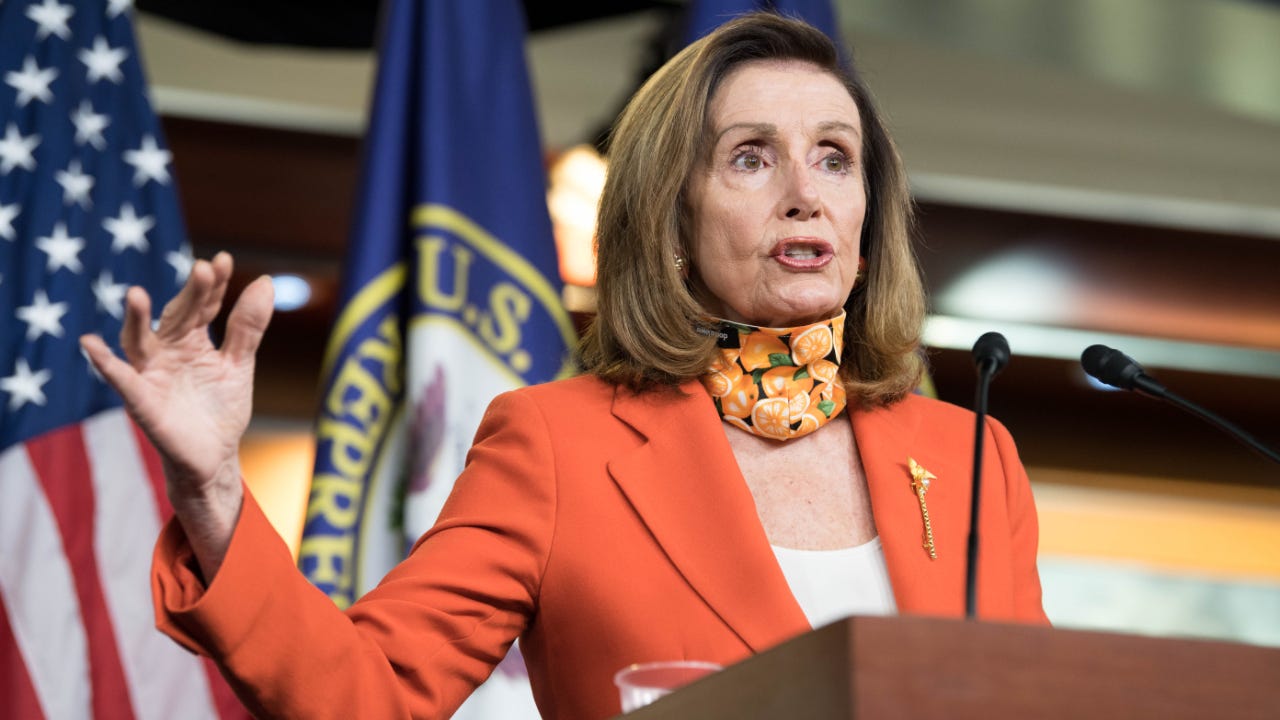Second stimulus check: Here’s why this new proposed round of $1,200 payments could be easier to get

Democrats in the House of Representatives on Monday evening unveiled a new $2.2 trillion stimulus proposal. The bill would include a second round of aid to individuals and would allow even more Americans to qualify for the stimulus checks this time around. A new round of aid could help get money to the people who need it, as the COVID-19 pandemic continues to slow the economic recovery.
In a bid to gain support from Republicans, the new bill slims down the Democrats’ prior spending proposal, though it’s still called the HEROES Act. But the large level of stimulus and a key provision in the bill expanding who is able to receive a stimulus check may make it a non-starter for some Republicans.
Second stimulus check: Here’s who would be eligible
As with the CARES Act from earlier this year, the legislation still offers a $1,200 check per person, or $2,400 per married couple, and $500 for eligible dependents. However, it expands availability for the $500 payments to full-time students under age 24 and adult dependents. Previously, only children under age 17 were eligible for the dependent payment.
The Democrats are also seeking to have the payments go to those with taxpayer identification numbers, not only those with Social Security numbers. That means the stimulus could go to certain nonresident and resident aliens in addition to citizens and permanent residents.
Plus, the proposed payments could not be reduced for overdue child support, a change from the first round of stimulus checks. Democrats also want to make the payments exempt from garnishment by creditors, meaning that the full payment would go to the intended recipient.
The new stimulus bill also seeks to tighten some of the issues surrounding getting the payments to their beneficiaries, a problem that plagued the first, hastily deployed stimulus effort.
New checks would be based on 2018 or 2019 tax returns, and those who receive payments from the federal government, such as Social Security recipients, would receive their payments even if they didn’t file a tax return during those years. According to the proposal, the Treasury Department would be obligated to contact those who do not normally file returns in order to inform that they are eligible for a stimulus check if they file to receive it.
The Democrats’ latest proposal follows a $1.5 trillion plan drafted two weeks ago by a bipartisan group of 50 House legislators calling themselves the Problem Solvers Caucus. Seeking to break the impasse in Congress, that plan also offered up $1,200 and $500 stimulus checks and was called the March to Common Ground.
Bottom line
It’s unclear whether this legislation as proposed will make it through the legislative process. Whatever the outcome, it appears that both political parties want to issue stimulus checks, but the exact amount remains the subject of intense debate.






